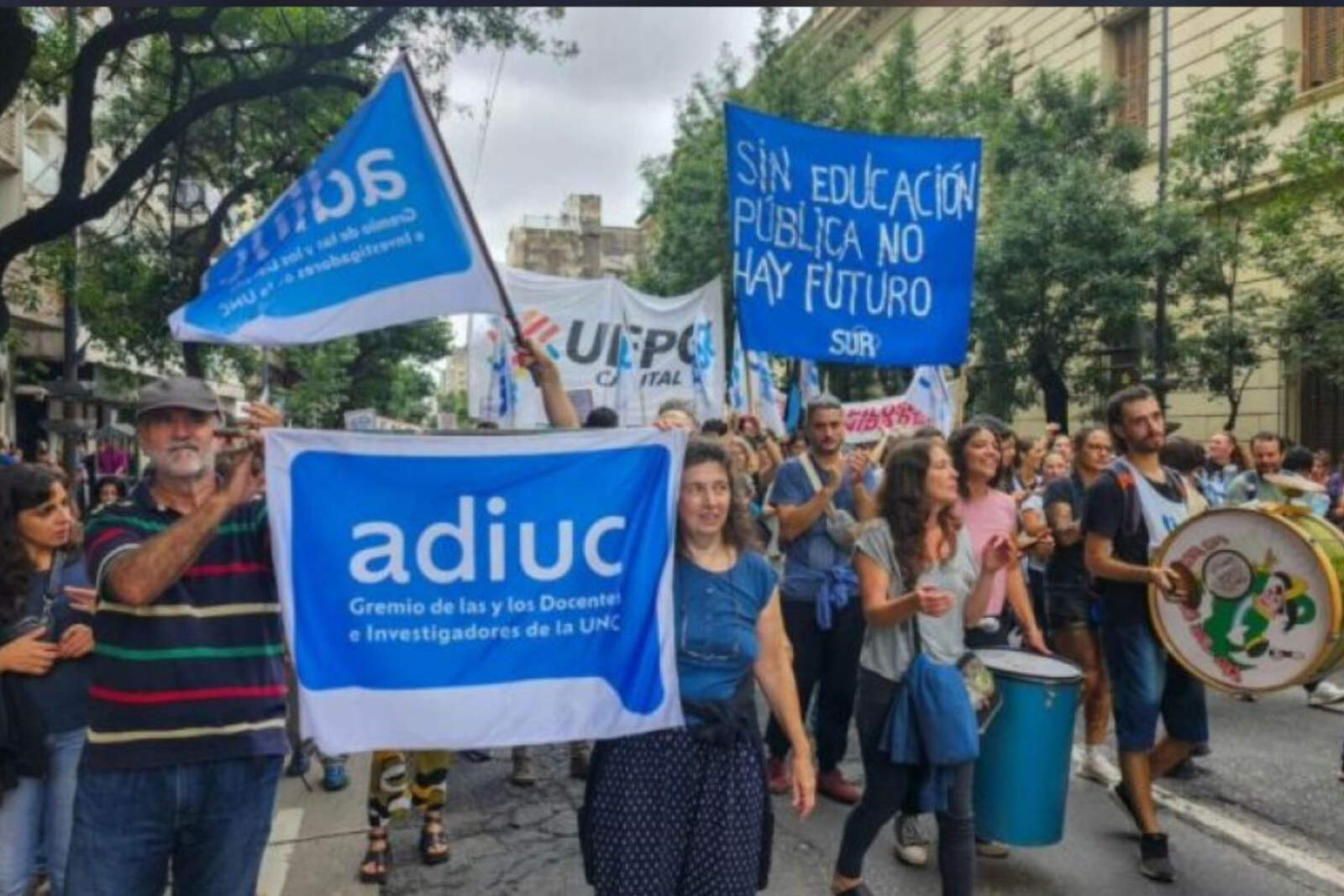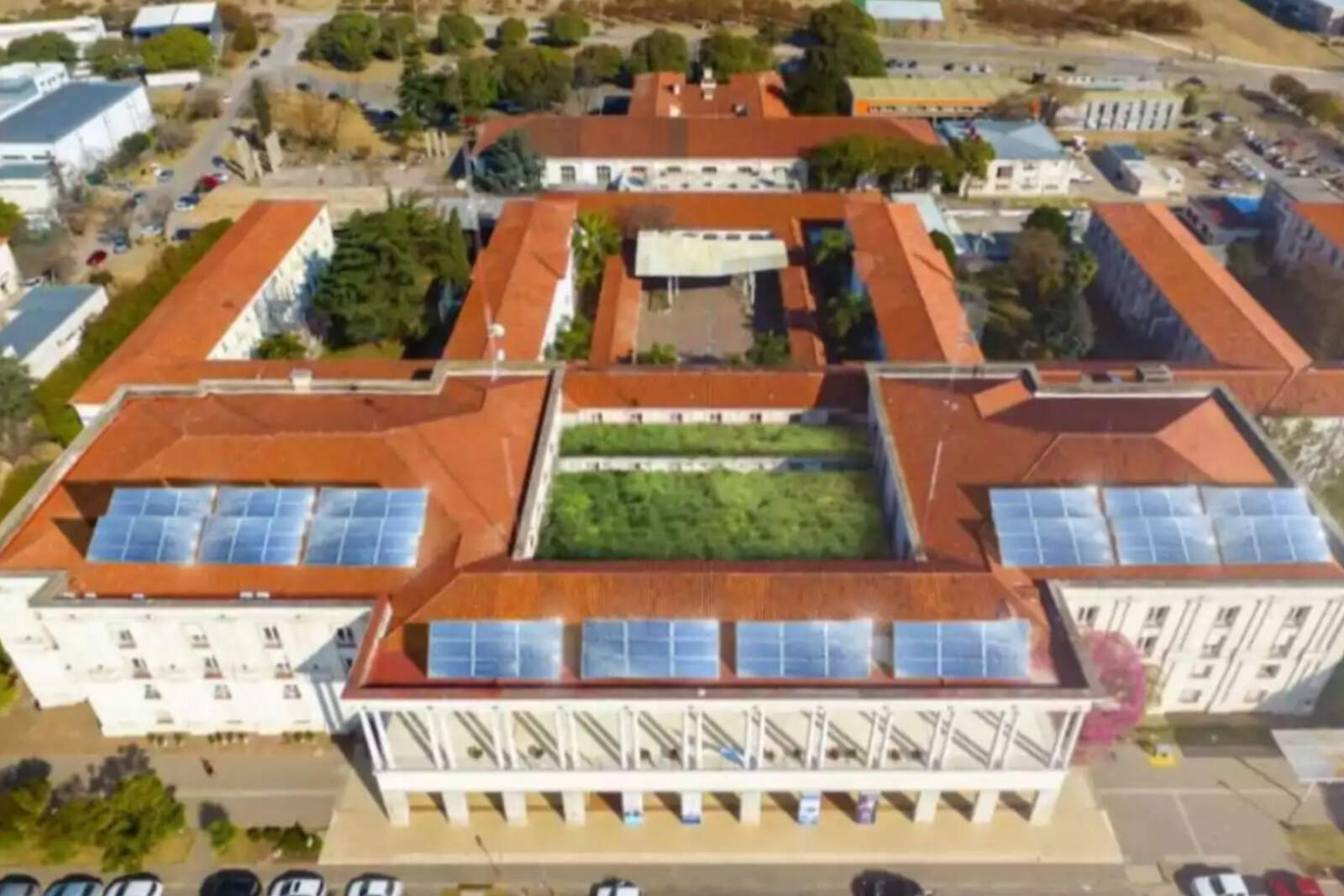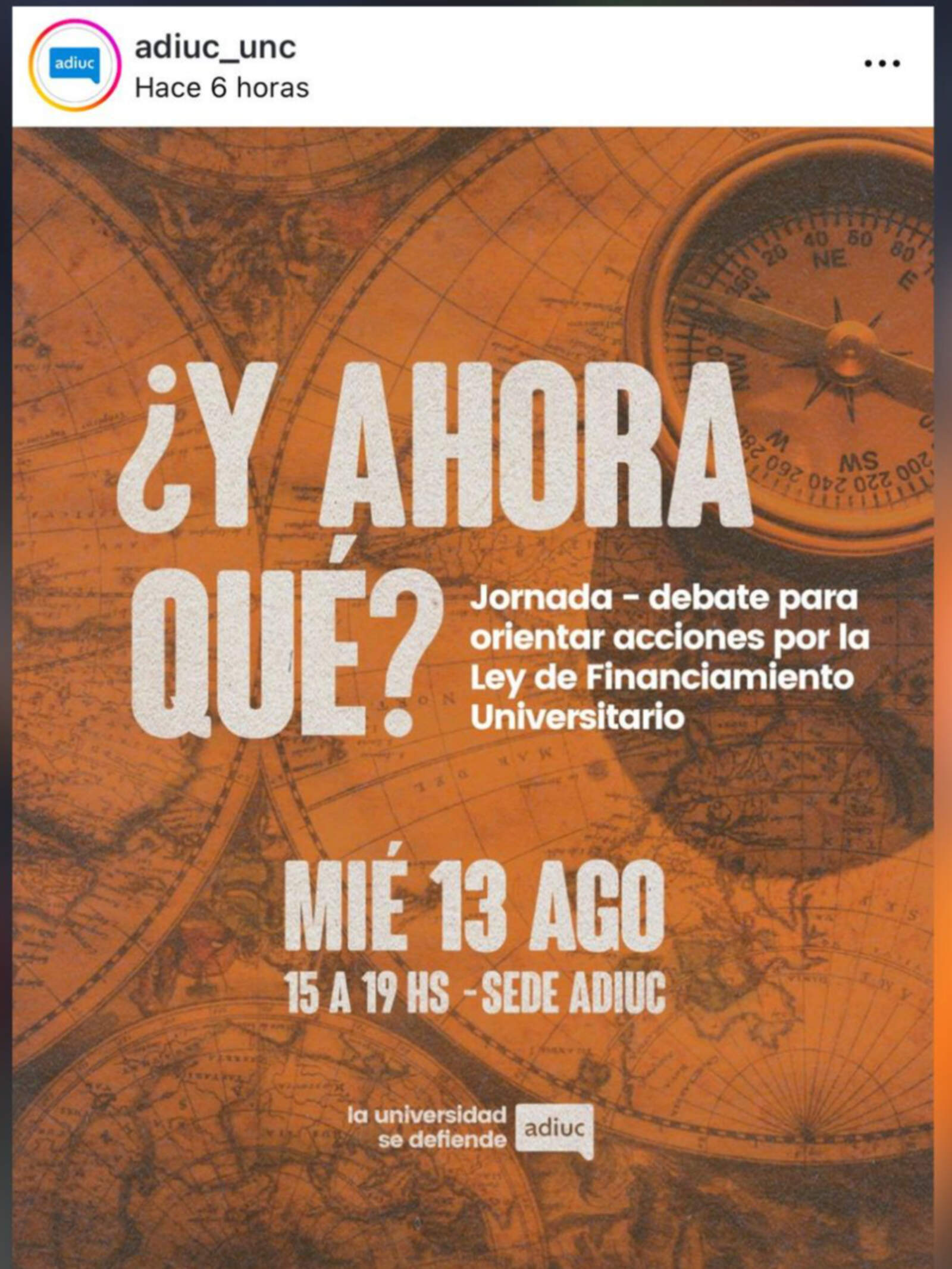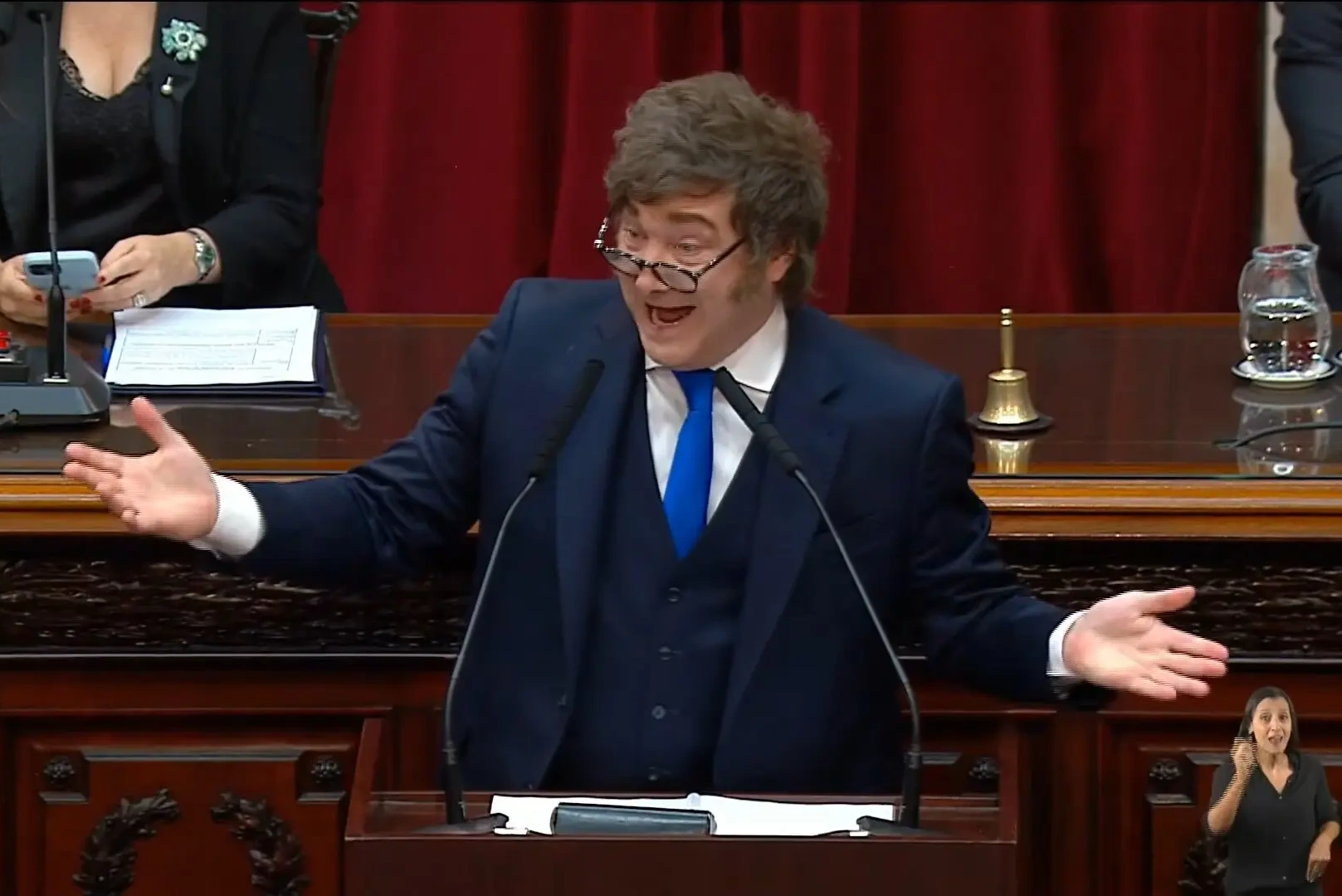The National University of Córdoba and its pre-university schools are experiencing another week without classes due to an extortionate measure by the ADIUC union. From August 11 to 15, teaching and non-teaching staff are halting academic activities in protest over salaries and budget. The protest disrupts the start of the second semester and affects thousands of students.
The Monserrat and Manuel Belgrano schools, which depend on UNC, are also paralyzed. The strike is part of a national plan promoted by university federations. The measure comes just days before the Federal University March called across the country by Kirchnerism and left-wing groups.
The union's demands include more raises and scholarships for absurd and unnecessary projects that add no value to the Argentine university system. ADIUC has stated that "public universities remain under threat," while students are losing days of classes.
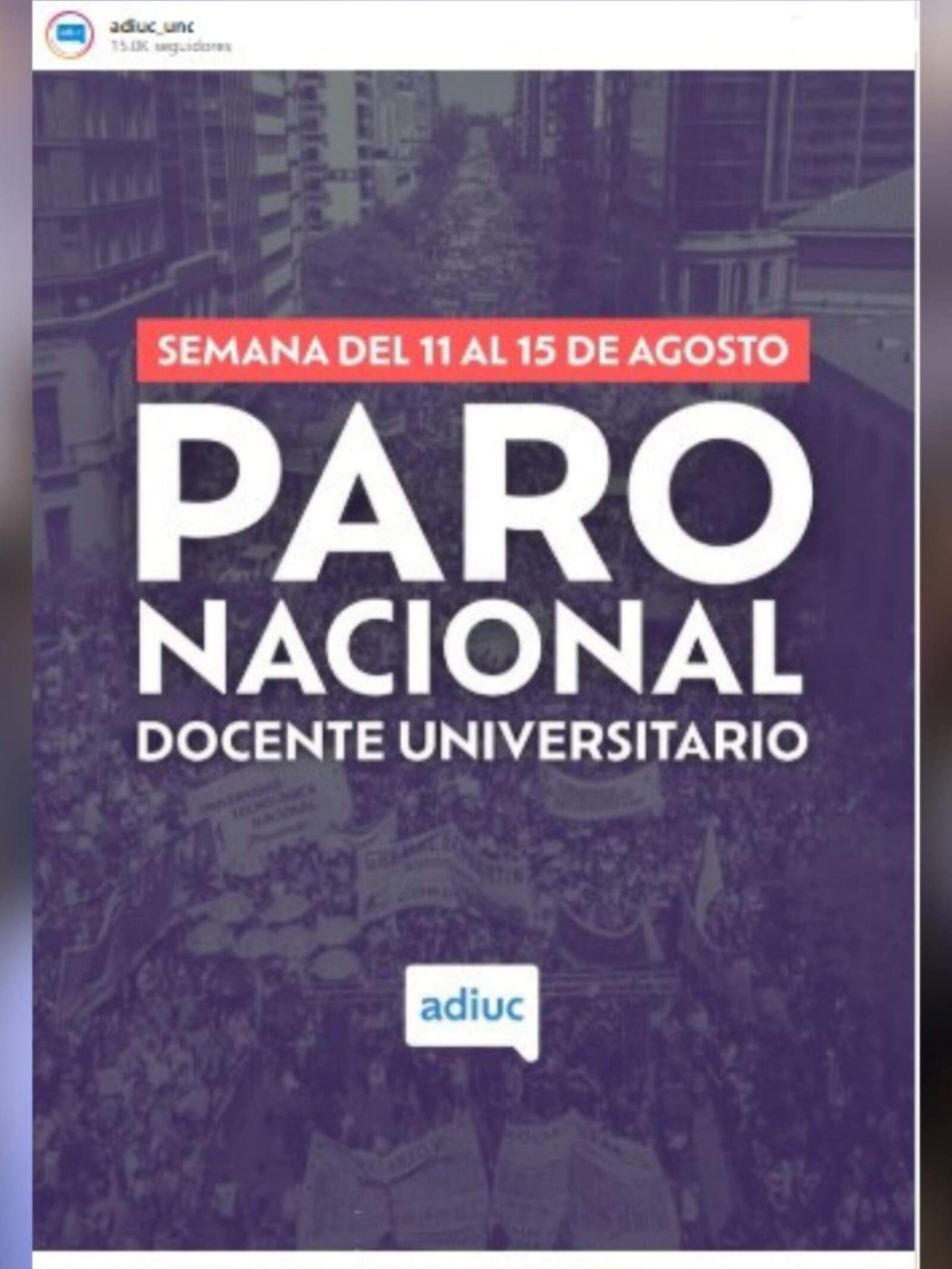
An absurd strike for them to debate among themselves
In parallel with the strike, ADIUC launched the picturesque and self-indulgent activity "Now what?," a mock debate to inflate egos. Amid grandiloquent speeches and empty slogans, they will discuss the University Funding Law, ignoring the underlying reality.
The national government has already transferred the resources for the normal operation of the universities, dismantling the union's central argument. ADIUC, with permanently updated collective bargaining agreements for teaching and non-teaching staff, insists on playing the victim with unjustified demands.

